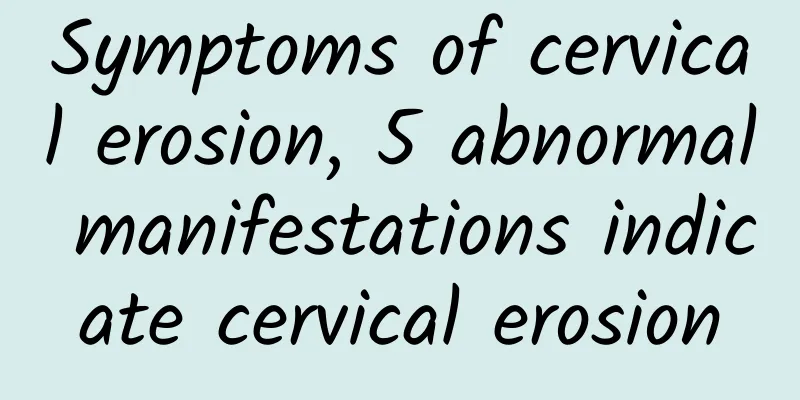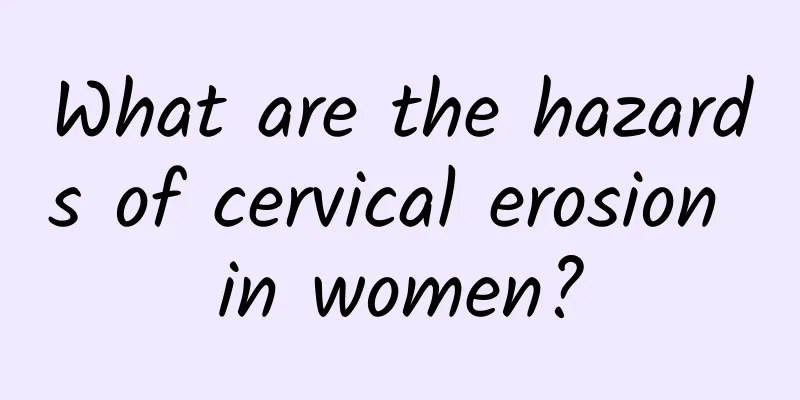Do pregnant women need surgery for ovarian cysts?

|
After getting an ovarian cyst, some special cases require laparoscopy, abdominal puncture, laparotomy, etc. So, do pregnant women who get an ovarian cyst during pregnancy need surgery? The ovary is an important organ for ovulation and secretion of gonadal hormones. Ovarian tumors often occur during the reproductive age. Clinically, the basic pathophysiological changes of many patients with ovarian cysts and polycystic ovary syndrome are that the ovaries produce too much androgen, and the excessive production of androgen is the result of the synergistic effects of the abnormal functions of multiple endocrine systems in the body. Pregnant women with ovarian cysts have an intra-abdominal mass of medium or smaller size. If there is no complication or malignant transformation, its biggest feature is mobility, which can often move from the pelvic cavity to the abdominal cavity. In malignant or inflammatory conditions, the movement of the mass is limited. The mass is generally not tender, but if there are complications such as infection, not only will the mass itself be tender, but there may even be symptoms of peritoneal irritation and ascites. The treatment for ovarian cysts during pregnancy depends on factors such as the patient's age, whether it is malignant, the location, volume, size, growth rate of the cyst, whether the reproductive function is preserved, and the patient's subjective wishes. Pregnant women must choose the appropriate treatment method under the doctor's advice. If a pregnant woman has an ovarian cyst that is malignant, she generally needs surgical treatment. The surgical treatment of malignant ovarian cysts is as follows: Do everything possible to remove the primary cyst and any visible pelvic and abdominal metastases. Since ovarian malignant cysts are often adhered or infiltrated with the uterus and adnexa, and are closely attached to the pelvic peritoneum, a blanket-rolling method is often used to remove the uterus and tumor together with the pelvic peritoneum, such as omentectomy, partial intestinal resection, partial bladder and ureter resection. |
<<: What are the common symptoms of vaginitis
>>: What are the symptoms of irregular menstruation?
Recommend
Can cervical warts be cured?
There are some women in life who do not have uncl...
Scientific treatment methods for acute pelvic inflammatory disease
Scientific treatment methods for acute pelvic inf...
How to prevent cervical erosion from becoming cancerous
How to prevent cervical erosion and cancer in dai...
What are the examination items for cervical precancerous lesions?
Find the cause of cervical precancerous lesions a...
Will bacterial vaginosis in pregnant women heal itself after delivery?
Bacterial vaginosis is a common gynecological dis...
Women must know the causes of dysmenorrhea
Dysmenorrhea is a phenomenon that many women expe...
Patients with irregular menstruation must take timely treatment
Irregular menstruation often occurs in women'...
Menopausal women can take wolfberry lotus heart tea regularly to regulate menstruation
Menopausal women often experience irregular menst...
What are the symptoms of cervical precancerous lesions in life
What are the symptoms of cervical precancerous le...
What do you know about the symptoms of uterine fibroids?
What do you know about the common symptoms of ute...
What can't I eat if my endometrium is thick?
What should you not eat if you have thick endomet...
Traffic lights for fat kids to lose weight! Less sodium, stay away from high blood pressure
Being fat is not a blessing, especially childhood...
What are the clinical manifestations of miscarriage?
The newlyweds' expectation for the little lif...
What are the causes of irregular menstruation in women? How can women regulate irregular menstruation?
Irregular menstruation is a problem for many wome...
Specific causes of ectopic pregnancy
Nowadays, many women will have ectopic pregnancy....









